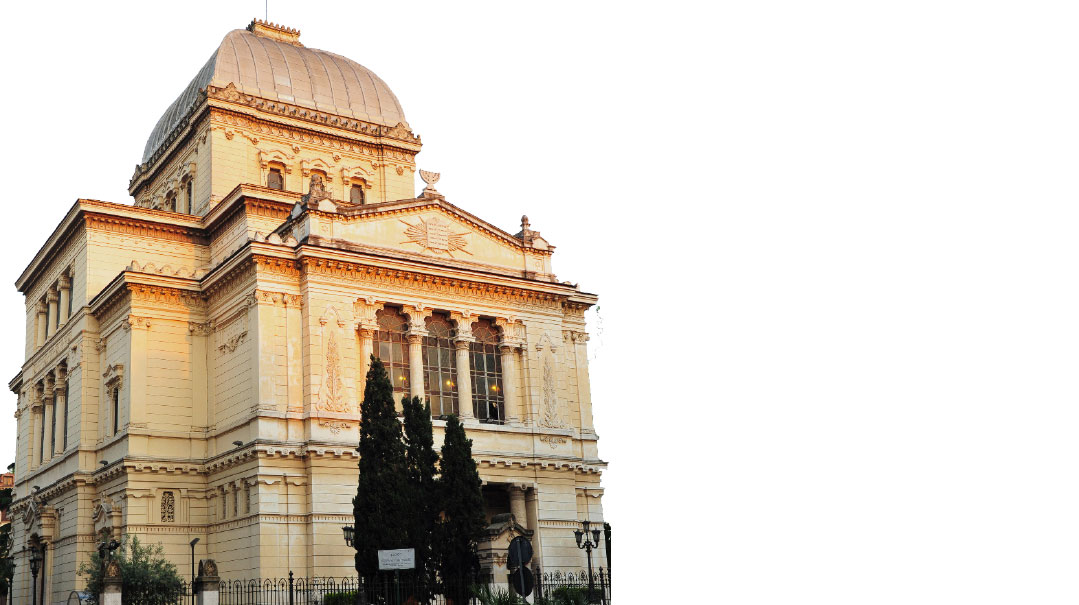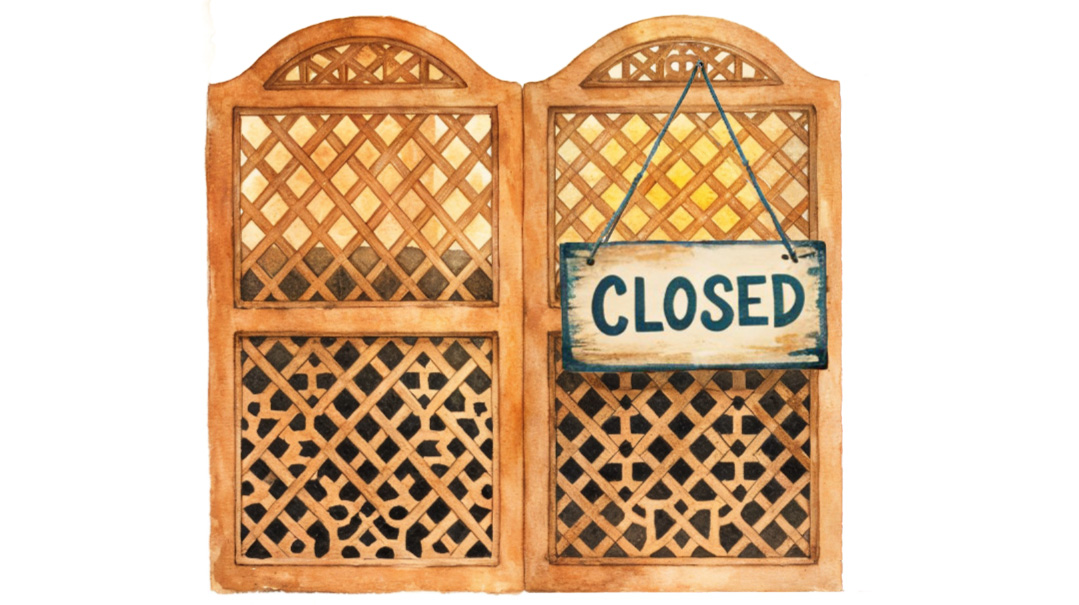When in Rome

Many faceless, nameless people passed us with a shalom, a smile, something to show we were connected, we were brothers

Have you ever paid attention to the song of the birds as the world turns dark?
They gather at dusk. As the night draws in, faint hues of the setting sun fighting the incoming darkness, the birds converge. Same song, different tree, different location, every night.
Yet they know where to go.
There’s animated chirping, birds singing in unison, and then all is quiet. A cloud forms as thousands of wings flap farewell until tomorrow.
I’ve always wondered about the birds: How do they know where to gather?
In Rome, I found my answer.
It was a short trip; see the sights, circuit the city, head back home.
Along with the masses of tourists, we inspected the Old City, seat of one of the mightiest empires, cradle of our current culture.
We inspected the Arch of Titus, a remembrance of the most brutal time in our nation’s history; we toured the Colloseum, great and mighty, built on the blood of over 12,000 Jewish slaves, the place where Jews were sent to battle hungry lions.
It is the seat of depravity, symbol of murder, the end of our people’s proudest era.
But from among the masses, I found my brothers.
Oops! We could not locate your form.







